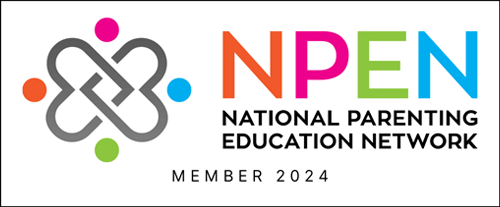Do you remember your sex ed classes from school? Did you have any? Most of us have some vague memory of either being split up (boys and girls) and shown a movie or a film strip.
We had sex ed in 6th grade and all I can remember is something about salmon spawning…which I think was a lead up to human spawning. In 8th grade we learned about birth control methods – the diaphragm is burned into my mind for some reason.
And that is all I remember. Fortunately, I had books and my better informed best friends for information and support. Note who’s missing here…parents! My folks were fairly typical in their involvement in our sexual health education – and did the best they could. And I turned out okay, which is what most of you are thinking, right?
Anyway, sex ed at school is important. Really important, actually. This is because sexual health is a public health issue and if parents aren’t taking care of business at home, kids need to get this info from some other trustworthy resource.
Pretty much everyone eventually has sex, some sooner, some later, most at about age 17 for the first time. 17 is young to be a parent. 17 is young to deal with an STD. 17 is young to be driving. 17 is just plain young.
But that being said, 17 is when our bodies are ready to roll when it comes to getting it on and those hormones and desire very easily take over our brains and reasoned thinking. Why not make sure kids are crammed full of info about waiting and prevention? Schools could be harping on this from about 3rd grade on, but they don’t.
If parents were on it from kindergarten and kids were informed from an early age and crammed full of their parents values about waiting, etc, it wouldn’t matter what was being taught at school. Parents have the most influence over their kids. School, not so much.
I don’t mean to imply that school sex ed doesn’t matter, it does, but it doesn’t offer everything kids need to make great decisions about sex and relationships. For families that are on the ball, sex ed at school is supplemental to what they’ve learned from you.
For those kids who get less at at home, school needs to fill in the sex ed blanks. Once all kids have lots of information that is medically accurate, easy to understand, fun, normalized and actually helpful to them maybe we’ll see a decrease in the teen pregnancy, STD and HIV rates.



